Very attractive, chipper little songbirds, White-tipped Green Singers for sale, (Serius Mozambicus) are a popular African finch that are closely related to canaries. They differ from the Yellow-fronted Green Singers in that they have a white tip on their tail and are slightly larger. The White-tipped Green Singer is a beautiful colored bird for an aviary with their butterfly type of flight they are a delight to look at.
Please note: Do not house the Small Green Singer with the Large Green Singer or the Grey Singer as they will hybridise.
Geography: Africa
Size / Weight: 4.3-5.1″
Sexing: Dimorphic (easily visually sexed)
DNA Testing
If there is no gender option listed for a bird on our website, that particular species is ‘monomorphic’, which means we’re unable to determine gender without purchasing DNA testing. DNA testing is an additional $149 per bird to guarantee preferred gender. DNA testing may add an additional 3-6 plus weeks to estimated delivery time to allow for gender results. See our FAQs for more info.
Temperament: Not only are they pleasing on the eye but are a beautiful singer as well. However, If they are kept with birds of a similar color it would be wise to keep an eye on them as some can get quiet nasty towards similarly colored birds. They should not be housed with Grey Singers and can become quite aggressive during breeding season. Only one pair of Green Singers should be housed in a mixed aviary.
Breeding: The breeding season for the Green Singer is around March/April through until about September/November. Some pairs appear to prefer to bed in winter while others will adopt a more “normal” breeding season. White-tipped Green Singers enjoy a cup Nest, preferrably high in an aviary. Provide Nesting Material and watch as both male and female construct the nest in an adorable fashion.
Lifespan: 9-10 years
Diet: Diet mainly consists of Classic Finch Seed, Australian Blend Goldenfeast and insects. Termites, aphids, grasshoppers, and other insects are especially important during the breeding season when chicks demand a relatively high-protein diet. Other food items include leaves, fruit, petals, Dandelion, Milk thistle, Chickweed and Endive and nectar. Also Mineral Grit, Cuttlefish Bone and Eggshells. A fresh supply of some seeding grasses is also recommended.


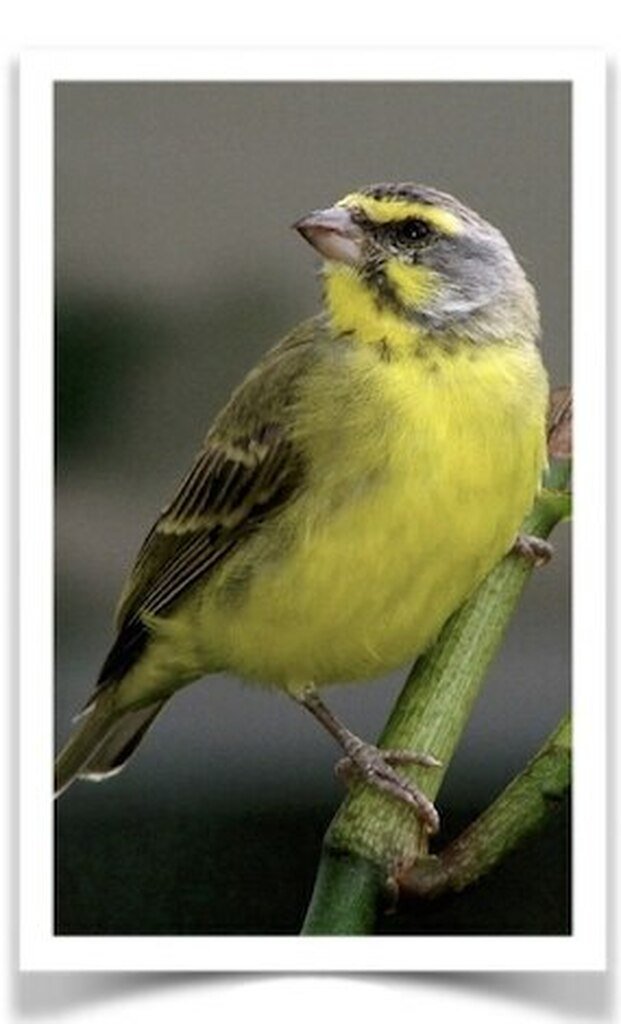
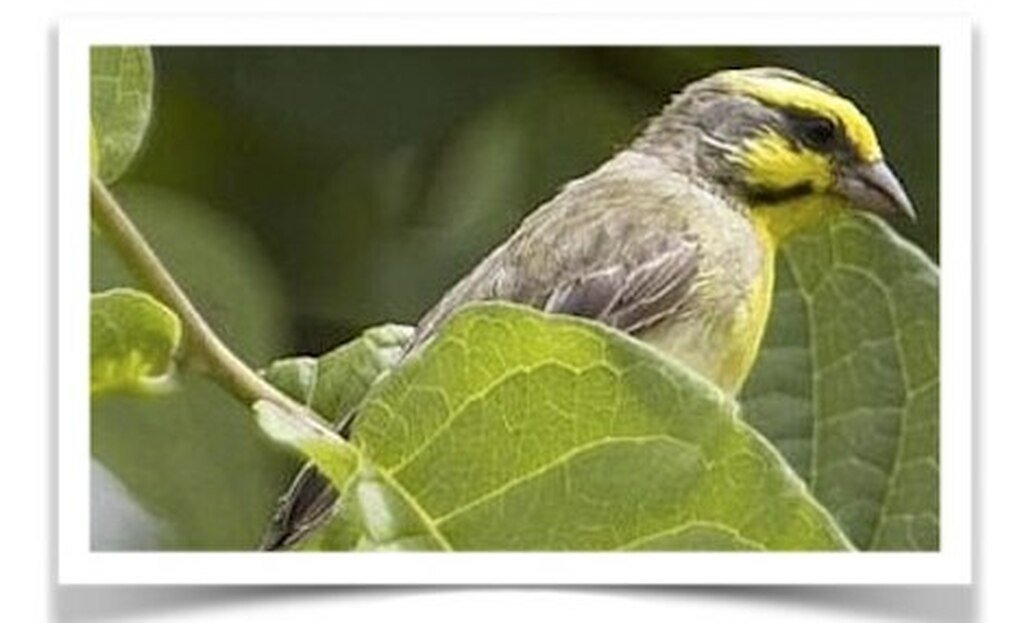
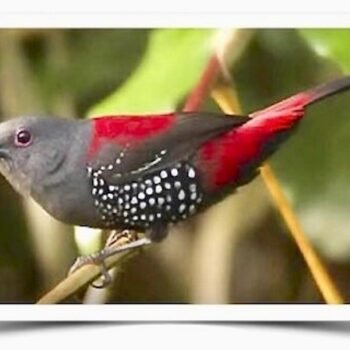
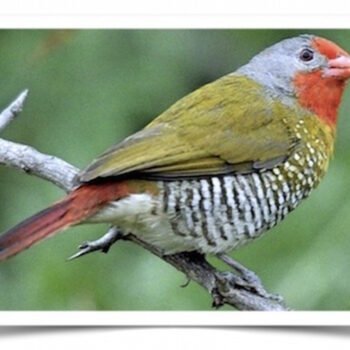

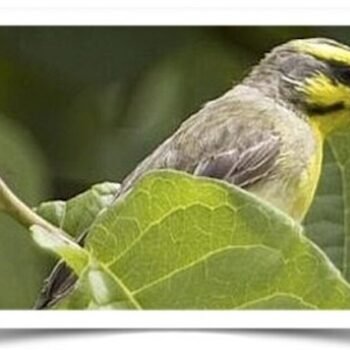




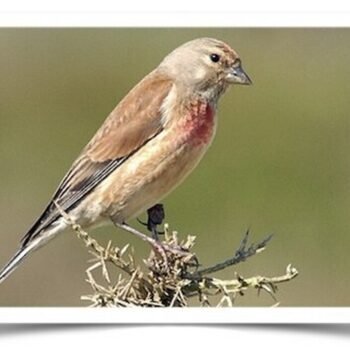
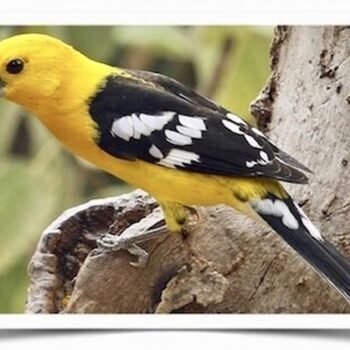

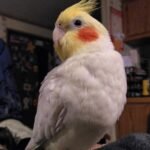
Reviews
There are no reviews yet.